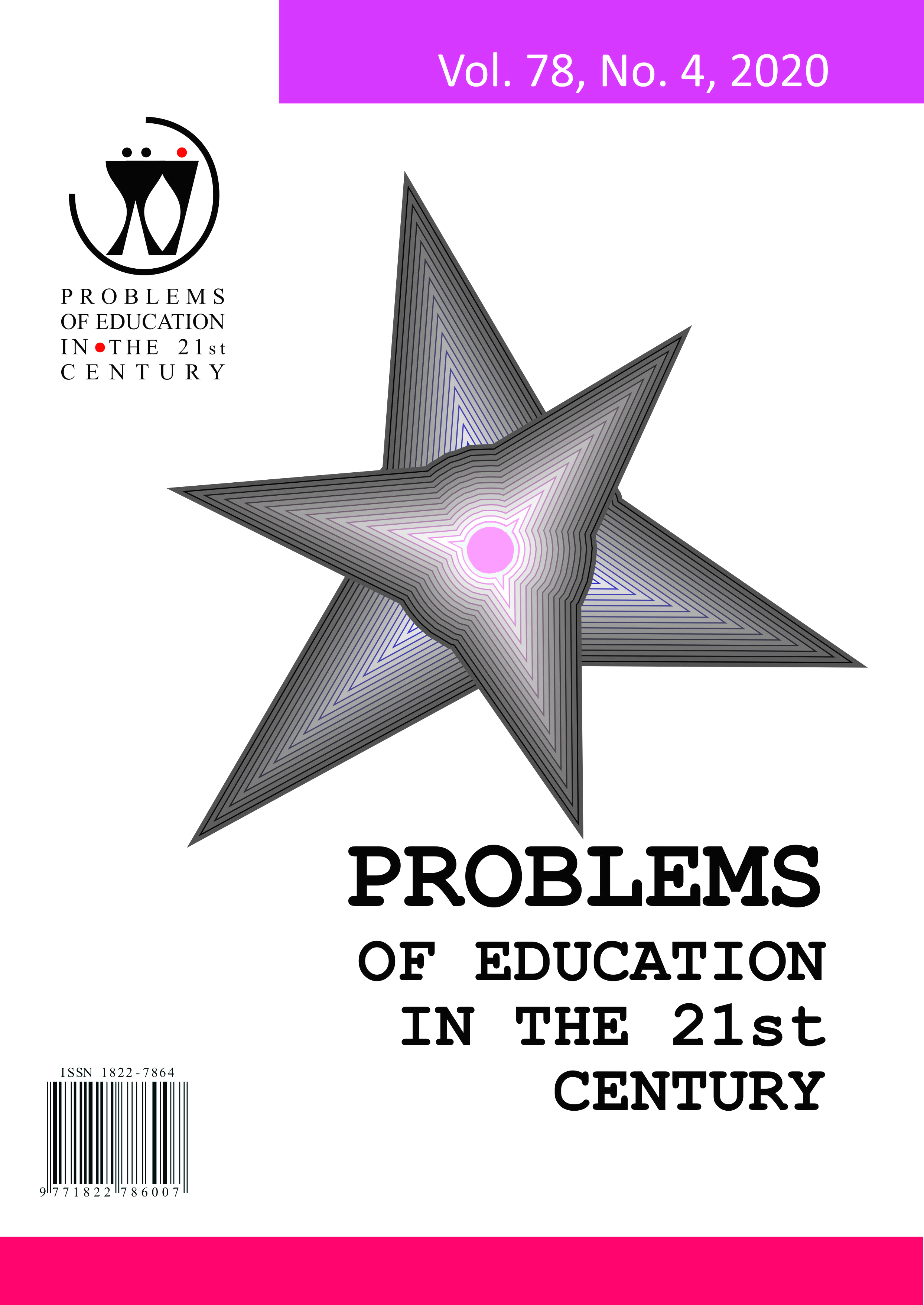QUALITY AND FEATURE OF MULTIPLE-CHOICE QUESTIONS IN EDUCATION
QUALITY AND FEATURE OF MULTIPLE-CHOICE QUESTIONS IN EDUCATION
Author(s): Bing Jia, Dan He, Zhemin ZhuSubject(s): Education
Published by: Scientia Socialis, UAB
Keywords: higher education; item evaluation; item response theory; multiple-choice test; secondary education;
Summary/Abstract: The quality of multiple-choice questions (MCQs) as well as the student's solve behavior in MCQs are educational concerns. MCQs cover wide educational content and can be immediately and accurately scored. However, many studies have found some flawed items in this exam type, thereby possibly resulting in misleading insights into students’ performance and affecting important decisions. This research sought to determine the characteristics of MCQs and factors that may affect the quality of MCQs by using item response theory (IRT) to evaluate data. For this, four samples of different sizes from US and China in secondary and higher education were chosen. Item difficulty and discrimination were determined using item response theory statistical item analysis models. Results were as follows. First, only a few guessing behaviors are included in MCQ exams because all data fit the two-parameter logistic model better than the three-parameter logistic model. Second, the quality of MCQs depended more on the degree of training of examiners and less on middle or higher education levels. Lastly, MCQs must be evaluated to ensure that high-quality items can be used as bases of inference in middle and higher education.
Journal: Problems of Education in the 21st Century
- Issue Year: 78/2020
- Issue No: 4
- Page Range: 576-594
- Page Count: 19
- Language: English

